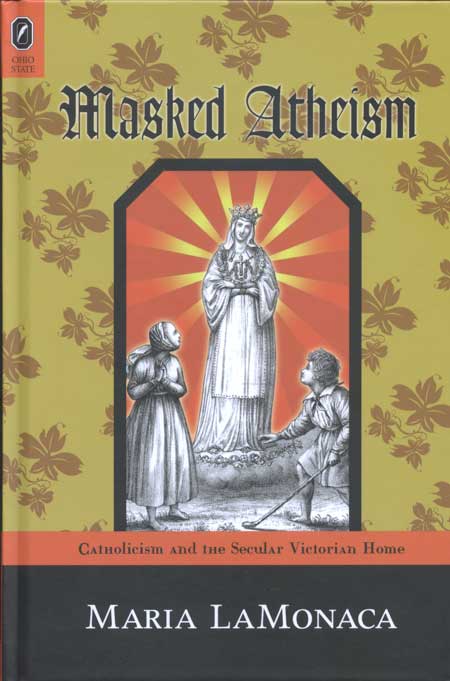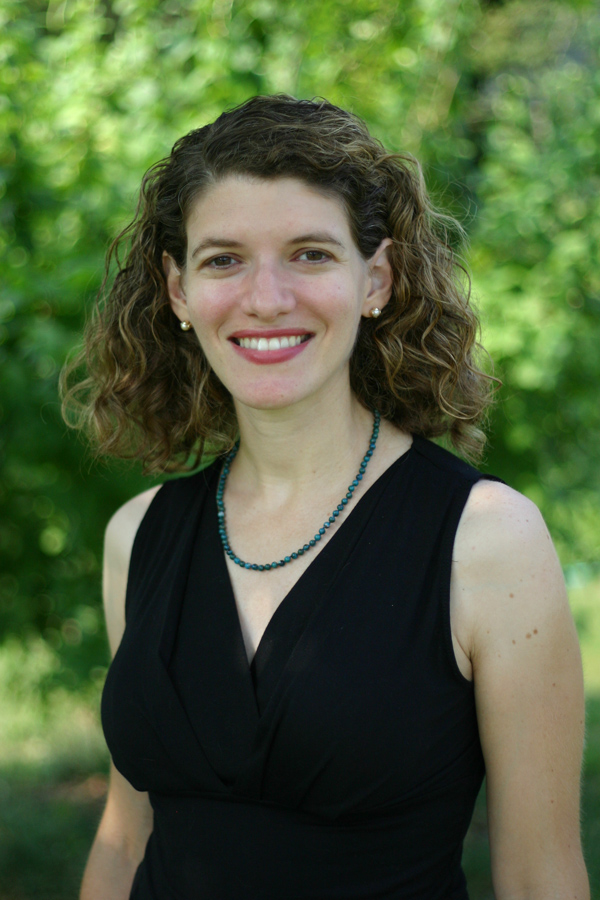Masked AtheismCatholicism and the Secular Victorian HomeMaria LaMonaca |
 Jun 2008 Literary Criticism/European/English; Religion/Christianity/Catholicism 231 pp. 6x9  $73.95 cloth 978-0-8142-1084-0 Add cloth to shopping cart $24.95 paperback 978-0-8142-5659-6 Add paperback to shopping cart $19.95 PDF ebook 978-0-8142-7960-1 Add PDF ebook to shopping cart Shopping Cart Instructions Review/Change Shopping Cart & Check-out | |||
|
read excerpts from
the book • |
“LaMonaca’s presentation of her masterful archival research offers genuine value to this work, whether she is mentioning any number of Protestant and Catholic sermons and pamphlets, or analyzing The Experience of Life (1852), Elizabeth Missing Sewell’s ‘fictional apologia for spinsterhood’ (96), or opting to work with the complete journals—rather than the abridged, published versions—of Michael Field (Bradley and Cooper’s joint pseudonym). . . . LaMonaca writes with a disciplined clarity that makes her work a sincere pleasure to read.” —Historians of Women and Religions of Britain and Ireland “Masked Atheism is one of the finest examples of literary critical engagement with the subject of religion that I have read in a long time. Given the fact that it’s so beautifully written, I can’t say enough good things about this manuscript. Maria LaMonaca opens many doors for new work to be done.” —Frederick S. Roden, associate professor at the University of Connecticut, Stamford “I thoroughly enjoyed reading Masked Atheism and learned much from it. The book will be of interest to all who work on Victorian women writers, nineteenth-century religious culture, and nineteenth-century literary history more generally.” —Maria H. Frawley, associate professor of English, The George Washington University Why did the Victorians hate and fear Roman Catholics so much? This question has long preoccupied literary and cultural scholars alike. Masked Atheism: Catholicism and the Secular Victorian Home by Maria LaMonaca begins with the assumption that anti-Catholicism reveals far more about the Victorians than simple theological disagreements or religious prejudice. An analysis of anti-Catholicism exposes a host of anxieties, contradictions, and controversies dividing Great Britain, the world’s most powerful nation by the mid-nineteenth century. Noting that Catholicism was frequently caricatured by the Victorians as “masked atheism”—that is, heathenism and paganism masquerading as legitimate Christianity—LaMonaca’s study suggests that much anti-Catholic rhetoric in Victorian England was fueled by fears of encroaching secularism and anxieties about the disappearance of God in the modern world. For both male and female writers, Catholicism became a synonym for larger, “ungodly” forces threatening traditional ways of life: industrialization, rising standards of living, and religious skepticism. LaMonaca situates texts by Charlotte Brontë, George Eliot, Christina Rossetti, Elizabeth Barrett Browning, Michael Field, and others against a rich background of discourses about the growing visibility of Anglo and Roman Catholicism in Victorian England. In so doing, she demonstrates the influence of both pro- and anti-Catholic sentiment on constructs of Victorian domesticity, and explores how writers appropriated elements of Catholicism to voice anxieties about the growing secularization of the domestic sphere: a bold challenge to sentimental notions of the home as a “sacred” space. Masked Atheism will contribute a fresh perspective to an ongoing conversation about the significance of Catholicism in Victorian literature and culture.
| |||


